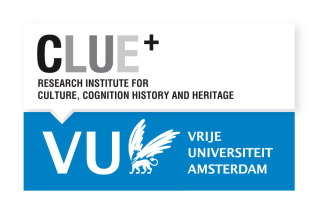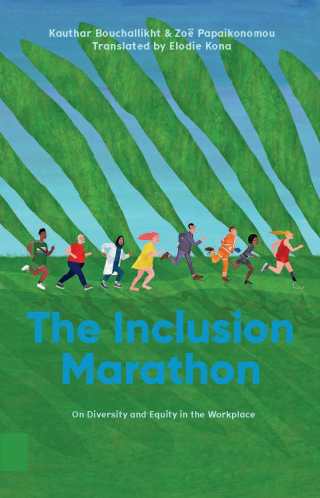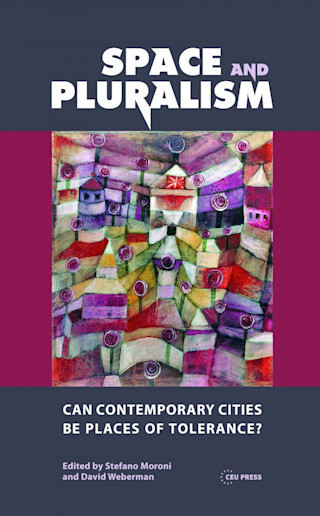

- Title
- Monuments of Diverse Heritage in Early America
- Subtitle
- Placemaking and Preservation by Black, Indigenous, and Jewish Peoples
- Author
- Barry L. Stiefel
- Price
- € 141,00 excl. VAT
- ISBN
- 9789048562756
- Format
- Hardback
- Number of pages
- 328
- Language
- English
- Publication date
- 19 - 03 - 2025
- Dimensions
- 15.6 x 23.4 cm
- Partner

- Categories
- Contemporary History
- Cultural Studies
- Early Modern Studies
- Heritage and Memory Studies
- Modern History
- Urban Cultures
- Discipline
- History, Art History, and Archaeology
- Also available as
- eBook PDF - € 140,99
Introduction
Part 1: Black Diaspora
Chapter 1: Blacks Shaping the Built Environment in the Age of Revolution, 1775-1830
Chapter 2: The Early Preservation of Places by Black People, 1830-1950
Chapter 3: The Struggle for Civil Rights and Historic Preservation for Black People, After 1950
Part 2: Indigenous Peoples
Chapter 4: Indigenous Peoples Shaping Built Landscapes After American Independence, 1775-1830
Chapter 5: Indigenous Peoples Confronting Wetikoism in Historic Preservation, 1830-1950
Chapter 6: Native American-based Historic Preservation, After 1950
Part 3: Jews Near and Far
Chapter 7: Transformations of Jewish Places due to the American Revolution, 1775-1830
Chapter 8: Jews Demonstrating American Filiality Through Preserving the Memory of Place, 1830-1950
Chapter 9: Jewish Participation in Populist Historic Preservation, After 1950 Intra-sections and Intersections on Living with History
Part 1: Black Diaspora
Chapter 1: Blacks Shaping the Built Environment in the Age of Revolution, 1775-1830
Chapter 2: The Early Preservation of Places by Black People, 1830-1950
Chapter 3: The Struggle for Civil Rights and Historic Preservation for Black People, After 1950
Part 2: Indigenous Peoples
Chapter 4: Indigenous Peoples Shaping Built Landscapes After American Independence, 1775-1830
Chapter 5: Indigenous Peoples Confronting Wetikoism in Historic Preservation, 1830-1950
Chapter 6: Native American-based Historic Preservation, After 1950
Part 3: Jews Near and Far
Chapter 7: Transformations of Jewish Places due to the American Revolution, 1775-1830
Chapter 8: Jews Demonstrating American Filiality Through Preserving the Memory of Place, 1830-1950
Chapter 9: Jewish Participation in Populist Historic Preservation, After 1950 Intra-sections and Intersections on Living with History
Barry L. Stiefel
Monuments of Diverse Heritage in Early America
Placemaking and Preservation by Black, Indigenous, and Jewish Peoples
Monuments of Diverse Heritage in Early America: Placemaking and Preservation by Black, Indigenous, and Jewish Peoples explores a more inclusive history of preserving public historic sites. At a time when some Americans have embraced white nationalism in response to unfolding demographic changes and others celebrate individual identities over all else, an inclusive, tolerant, and unifying historical vision is sorely needed. While past preservation efforts sometimes resulted in exclusionary forms of historical inspiration, that need not be the case in the future. Bringing greater attention to the diverse heritage of the United States will not only help dismantle the lingering remnants of exclusionary and elitist narratives but also celebrate a pluralistic and diverse past and present. An inclusive, empowering history can provide social cohesion while allowing room for individual groups to have authority over their pasts and representation in public, side-by-side with one another.
Author
Barry L. Stiefel
Barry L. Stiefel, Ph.D. is Professor of Historic Preservation & Community Planning in the Department of Art & Architectural History at the College of Charleston. He has completed numerous publications that address sustainability, cultural-ethnic architectural history, historic transportation mobility, human-centered preservation, community-building through historic places, and preservation education.




